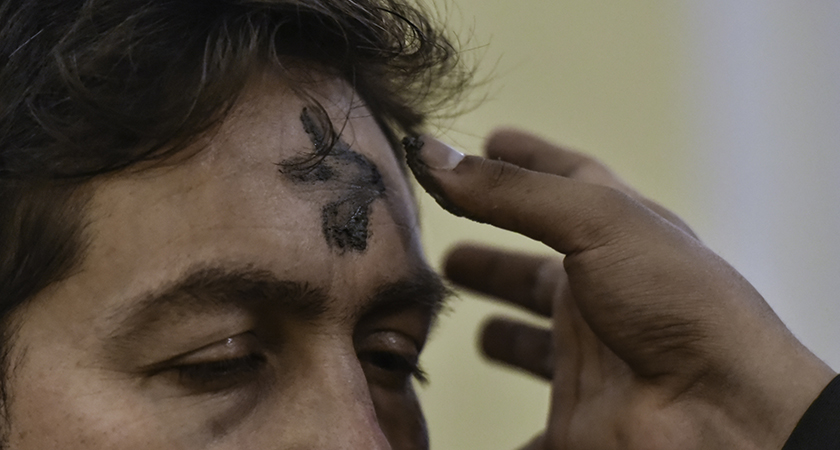TODAY IS Ash Wednesday, the first day of Lent and one of the most important days in the Catholic calendar.
But what exactly is Ash Wednesday and how is it celebrated?
What is Ash Wednesday?
Ash Wednesday comes the day after Shrove Tuesday - or Pancake Tuesday, for the non-religious element - and marks the beginning of the 40-day period when Catholics give up luxuries for Lent.
On Shrove Tuesday, Catholics would traditionally empty their homes of rich and luxurious foods such as eggs in anticipation of the fasting period of Lent (And what better way to rid your home of rich foods than mixing them together and frying them in a pan?).
Catholics would also confess their sins, purifying or 'shriving' them before observing the Lenten period.
Ash Wednesday signifies the start of Lent, a seven-week period where Catholics give up luxuries to reflect the 40 days that Jesus spent in the desert, fasting and praying.
Lent ends on Easter Sunday, to celebrate Jesus rising from the dead following his execution.
 Ash Wednesday marks the beginning of the seven-week Lenten sacrifice. (Picture: Getty Images)
Ash Wednesday marks the beginning of the seven-week Lenten sacrifice. (Picture: Getty Images)How is Ash Wednesday celebrated?
On Ash Wednesday, the first day of Lent, Catholics and Christians receive ashes in the shape of a cross in their forehead as a reminder of their mortality, often accompanied by the words "we are dust and to dust we shall return".
Traditionally, believers would attend Mass in order to partake in prayer and receive the blessed ashes from a priest.
It's not unusual in normal times for priests to also visit local schools on the day, ensuring young people can receive their ashes without missing their education. In recent years when pandemic restrictions put a halt to people receiving their ashes due to social distancing requirements, several parishes found unique ways to overcome the restrictions by providing takeaway takeaway ashes for parishioners.
The ashes, held in a container alongside a prayer, are already blessed and will allow people to hold prayer services in the safety of their own home.

